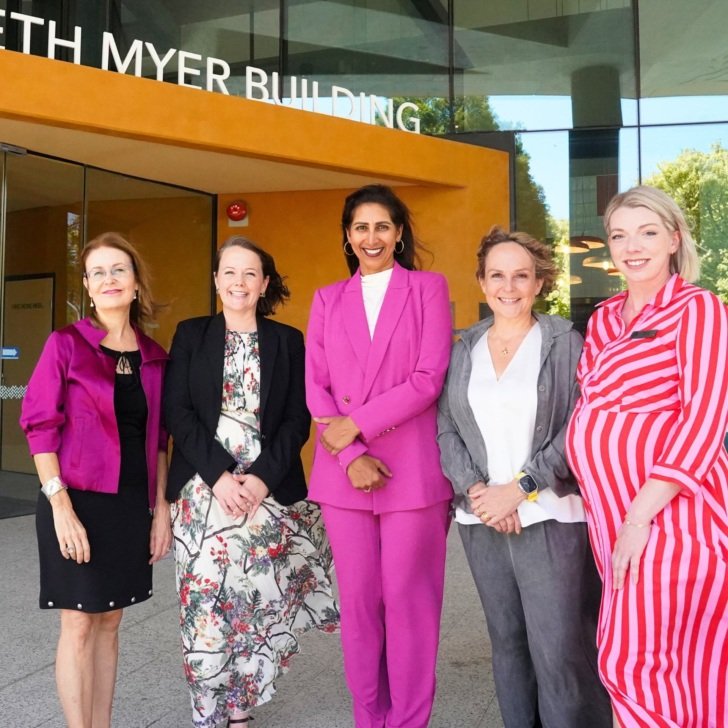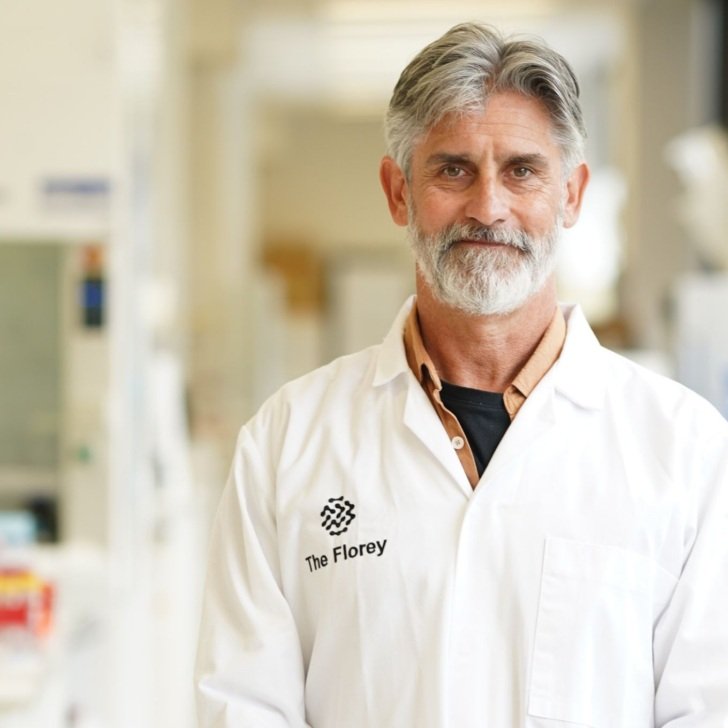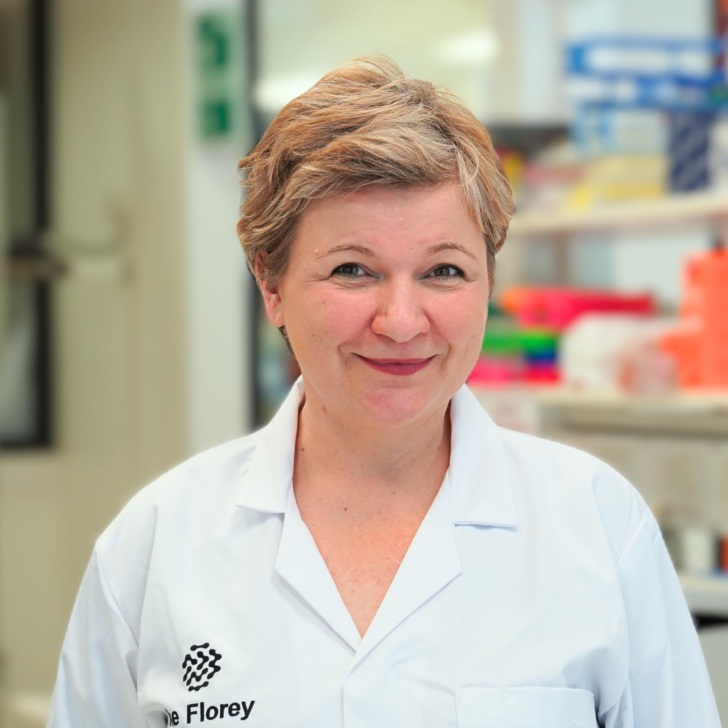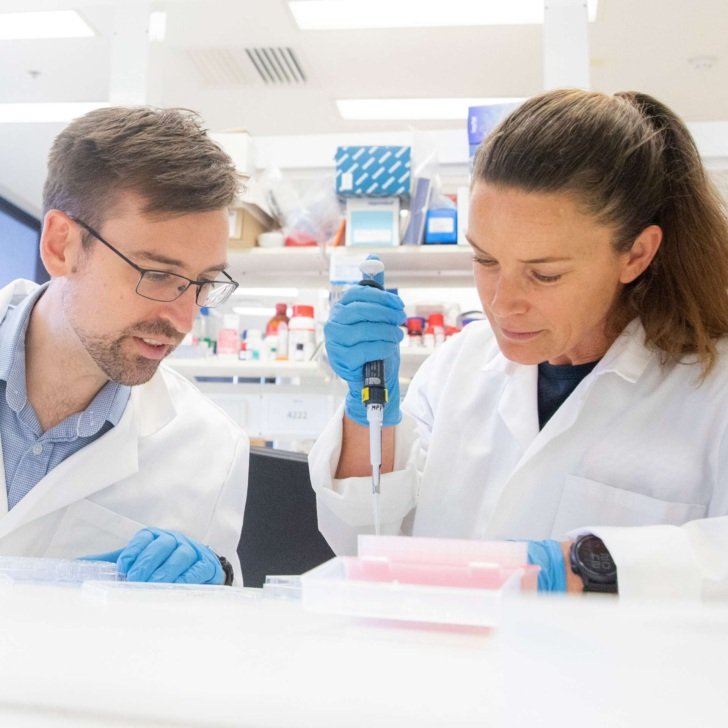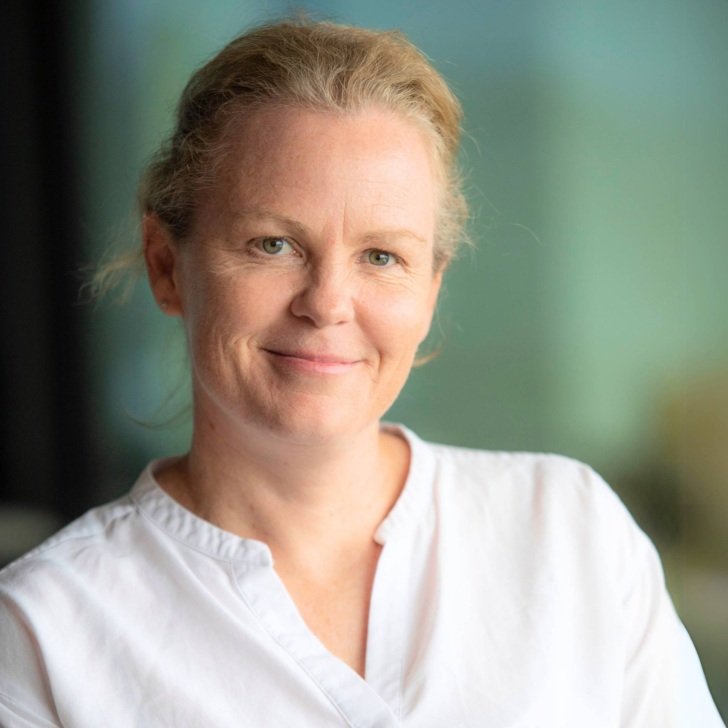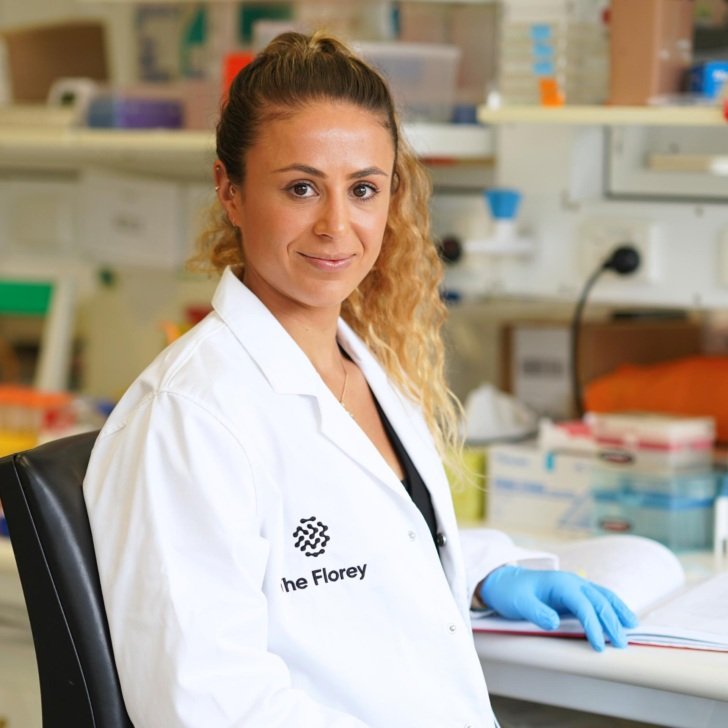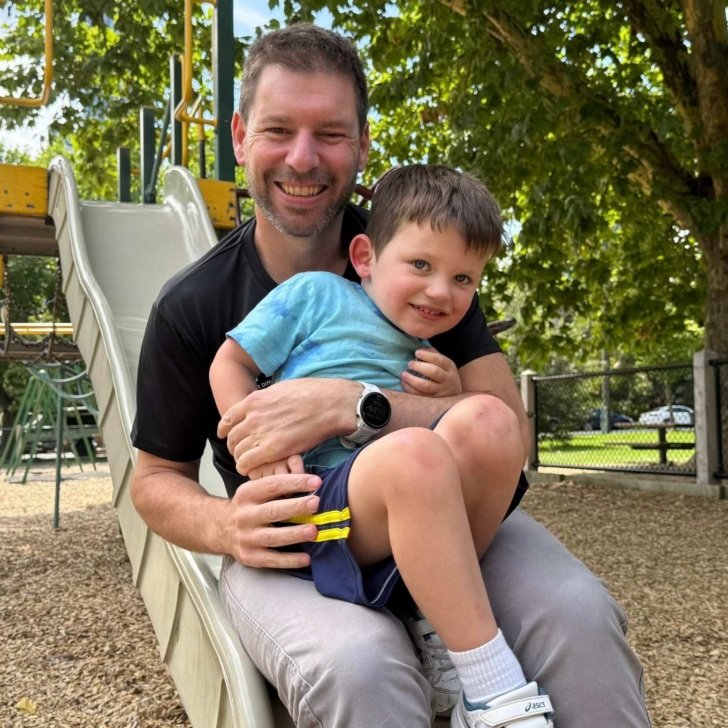- Dr Francesca Alves has received a grant from The Judith Jane Mason & Harold Stannett Williams Memorial Foundation for research into energy deficiency in myalgic encephalomyelitis/chronic fatigue syndrome (ME/CFS).
- Dr Alves specialises in understanding muscle physiology and neurodegeneration in Alzheimer’s disease.
- The project builds upon her prior findings in Alzheimer’s disease research.
Investigating parallels between Alzheimer’s disease and extreme fatigue
Dr Francesca Alves, postdoctoral researcher in The Florey’s Translational Neurodegeneration Group, has received a $360,000 grant from The Judith Jane Mason & Harold Stannett Williams Memorial Foundation to commence a 3-year research project into myalgic encephalomyelitis/chronic fatigue syndrome (ME/CFS).
ME/CFS is a long-lasting neurological disorder characterised by severe tiredness that is not improved by rest or sleep. The cause of ME/CFS is still unknown.
ME/CFS affects many parts of the body, including the brain and muscles, leading to dizziness, pain and problems with cognition or sleep.
Approximately 25 per cent of people living with ME/CFS experience severe symptoms, leaving them housebound or bedbound. 75 to 80 per cent of people with the condition are female*.
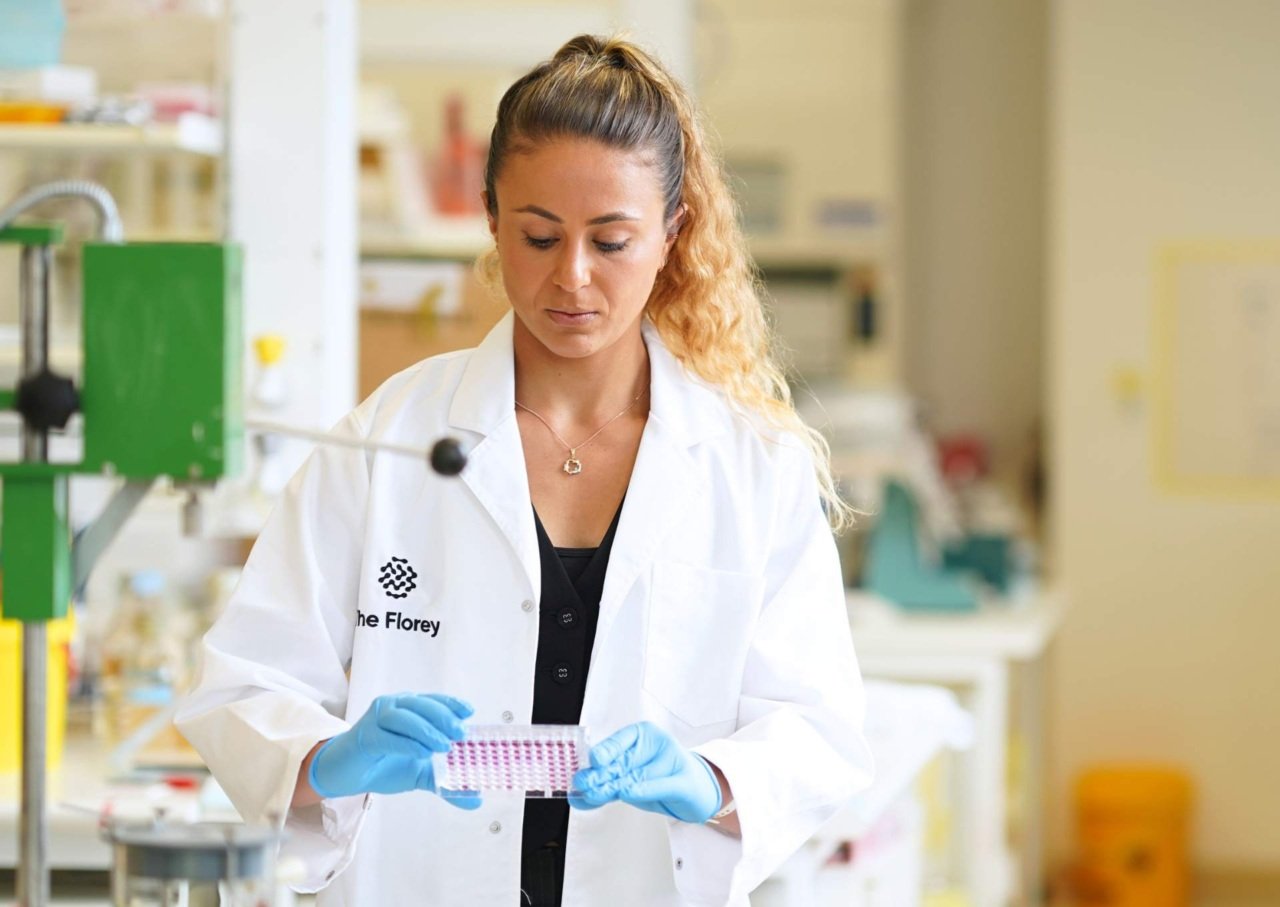
Dr Alves specialises in understanding muscle physiology and neurodegeneration in Alzheimer’s disease and related diseases.
After analysing large datasets of Alzheimer’s disease brain tissue samples, Dr Alves found parallels between energy stress that occurs in Alzheimer’s disease, and a potential energy deficiency in chronic fatigue.
“We found decreased mitochondrial activity, which can reduce levels of adenosine triphosphate (ATP), the energy currency of cells,” Dr Alves says.
Dr Alves’ project, with the support of Dr Abdel Belaidi and Professor Scott Ayton, aims to investigate whether this energy deficiency helps explain why people with ME/CFS can develop debilitating fatigue.
“Using innovative mouse models, our research will investigate whether depletion of ATP levels drives symptoms of chronic fatigue,” Dr Alves says.
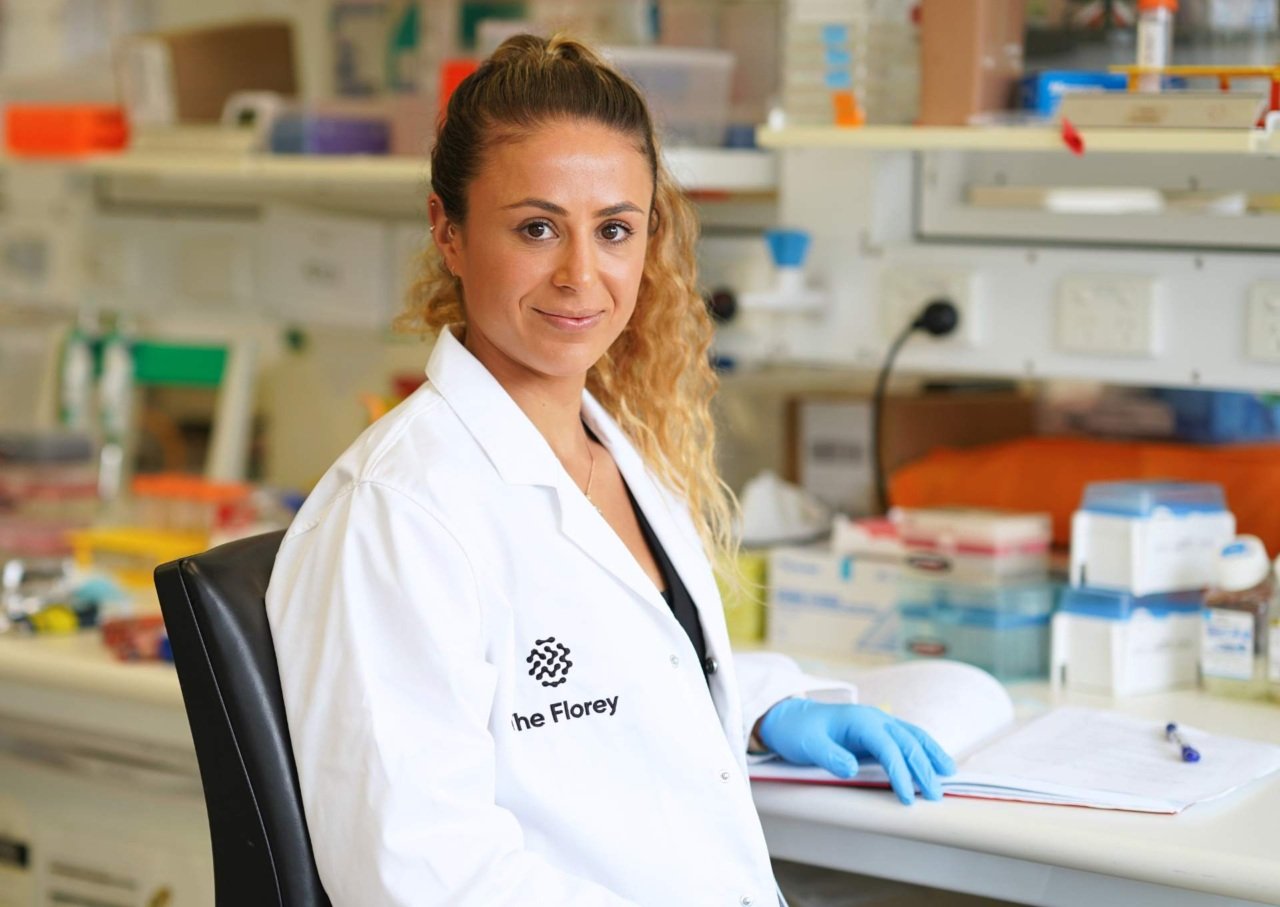
The team will work on new ATP-based treatment strategies to restore energy levels in cells, reduce patients’ fatigue and improve quality of life.
“We also aim to determine whether extreme fatigue originates from energy loss in the brain, muscles, or both, which will inform the focus of future therapeutics.”
Our research will provide valuable insights into what drives symptoms in ME/CFS, paving the way for new treatments and better care for patients with ME/CFS.
The grant was administered by Equity Trustees and commences in January 2025.




